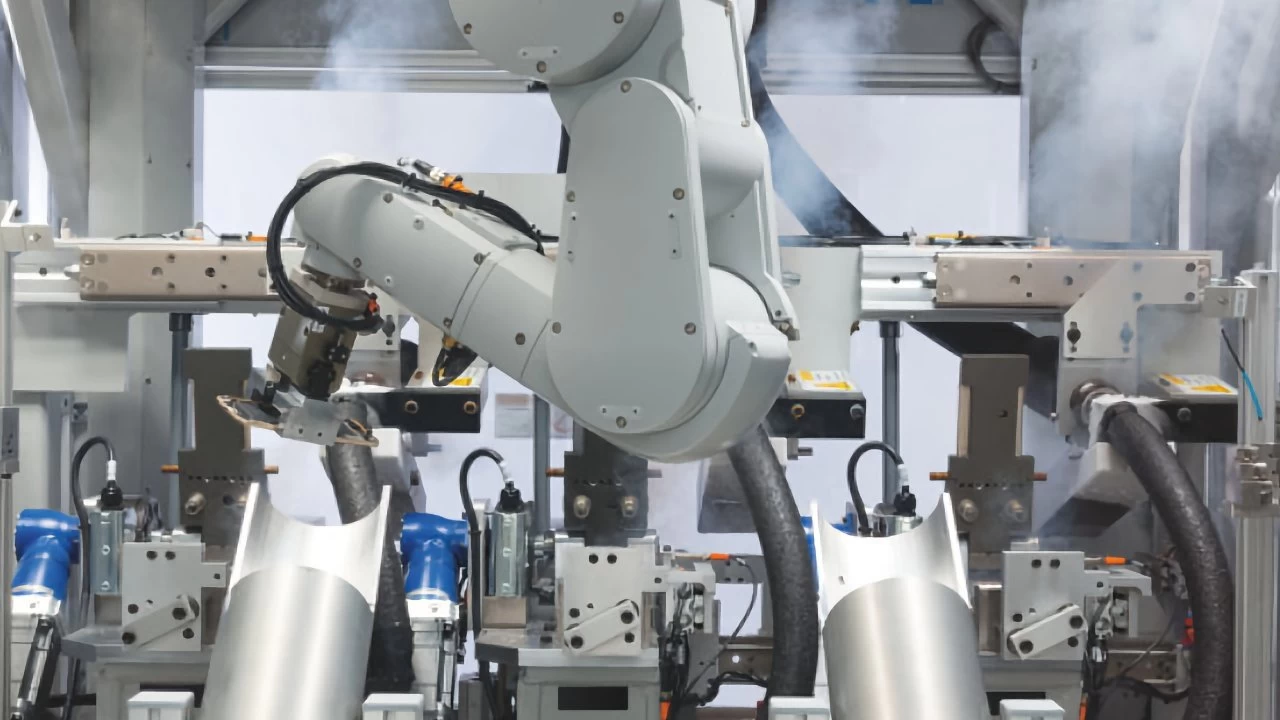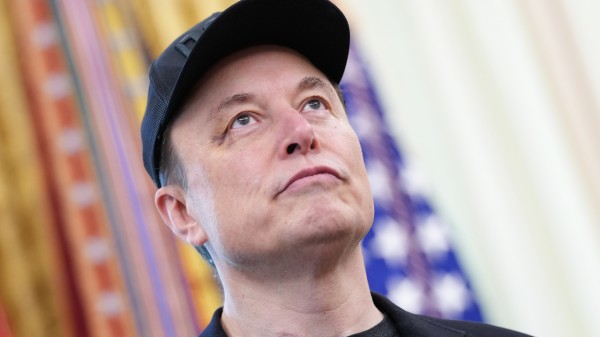

By signing in or creating an account, you agree with Associated Broadcasting Company's Terms & Conditions and Privacy Policy.


By signing in or creating an account, you agree with Associated Broadcasting Company's Terms & Conditions and Privacy Policy.

Apple is allegedly pressuring their supply chain to increase their investments in automation, or they will lose forthcoming business agreements involving iPhones. The shift is meant to lower production expenses, lessen reliance on human capital and make manufacturing less susceptible to global shocks. Automation on a large scale might reduce the number of employees working at major partners in the assembly sector, such as Foxconn, who depend heavily on hiring masses of workers to produce their goods.
DigiTimes reports that now Apple requires but does not suggest its suppliers to be automated. Suppliers are supposed to have all the costs of investing in robotics and automated systems, which is nearer than it used to be in the past when Apple financed some part of the improvement. This is seen by the company as a long-term policy to consolidate its manufacturing footprint and consistency in facilities globally.
Automation has several benefits for Apple. It can minimise the use of huge workforces, reduce expenses and provide similar quality products in various locations. The transition also serves to protect production against unexpected emergencies, including the COVID-19 pandemic, which previously resulted in downsizing of the factories due to limitations on the number of workers.
According to industry sources, the push to automate at Apple is in part linked to U.S. political and trade pressure. The company has been diversifying its supply chain, such as increasing the production of iPhones in India, as one response to previous U.S.-China trade wars. Apple can access more production bases around the world by decreasing reliance on cheap labour markets.
The use of automation could rekindle talk of making iPhones in the United States. President Donald Trump had on multiple occasions encouraged Apple to relocate the production to the country. Although Apple has claimed that such a move would necessitate high tech.












